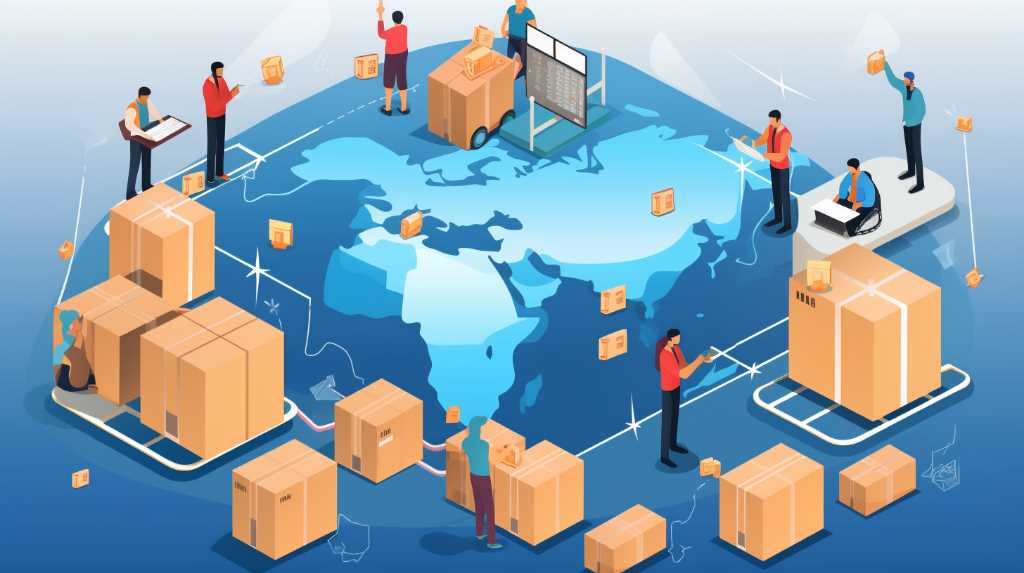
The Rise of Dropshipping
Dropshipping is becoming the go-to method for budding entrepreneurs looking to enter the e-commerce arena. With just a computer and internet connection, business owners can tap into the global market without the need for physical storage facilities. This model of online selling has made it easier than ever to set up shop and start earning with minimal overhead.
Understanding Dropshipping Dynamics
In dropshipping, the retailer partners with manufacturers or wholesalers who handle inventory. When a customer places an order, the retailer buys the product from the dropshipper, who then ships it directly to the customer. This allows the retailer to focus on marketing and customer service, setting their own prices and profit margins.
The Role of Third-Party Fulfilment
Companies like The Delivery Group offer third-party fulfilment services, handling inventory, picking and packing orders, and shipping products. This is an ideal solution for businesses that have outgrown their in-house capabilities and need to scale up their operations to meet increasing demand.
Comparing Dropshipping and Order Fulfilment
While both dropshipping and order fulfilment allow businesses to operate without traditional retail space, they have distinct differences. Ownership of inventory, operational control, relationship dynamics, and associated risks vary significantly between the two models.
Inventory Ownership: A Key Distinction
With fulfilment companies, retailers own the inventory they sell, giving them control over their offerings and profits. Dropshipping, on the other hand, involves no inventory ownership by the retailer, reducing financial risk but also control over product quality.
Different Relationship Dynamics
Dropshipping suppliers provide retailers with access to their inventory and infrastructure, while retailers focus on marketing and customer service. Fulfilment companies, conversely, take on resource-intensive tasks in exchange for payment, allowing retailers to concentrate on growing their business.
Operational Differences and Customer Service
Dropshipping retailers must be vigilant in monitoring orders and maintaining supplier communication, while fulfilment companies offer more reliable and automated order processing. Customer service demands also differ, with dropshipping often requiring more hands-on attention to resolve issues.
Pros and Cons of Dropshipping
Dropshipping is attractive for its low startup costs and quick profitability, but it comes with lower profit margins and potential quality control issues.
Pros and Cons of Order Fulfilment
Traditional online stores with order fulfilment have higher profit margins but require more time and capital investment. This model suits entrepreneurs with resources for long-term business growth.
Deciding on the Right Model for Your Business
Whether dropshipping or order fulfilment is the right choice depends on your business needs and resources. If you’re still weighing your options, consider reaching out to The Delivery Group to discuss how they can help transition your business to a more profitable model.
Contact The Delivery Group
For personalized assistance in expanding your business, get in touch with The Delivery Group. They are committed to helping your business grow beyond in-house fulfilment and will handle your personal details with the utmost care. Reach out today to see how they can help your e-commerce venture thrive.
